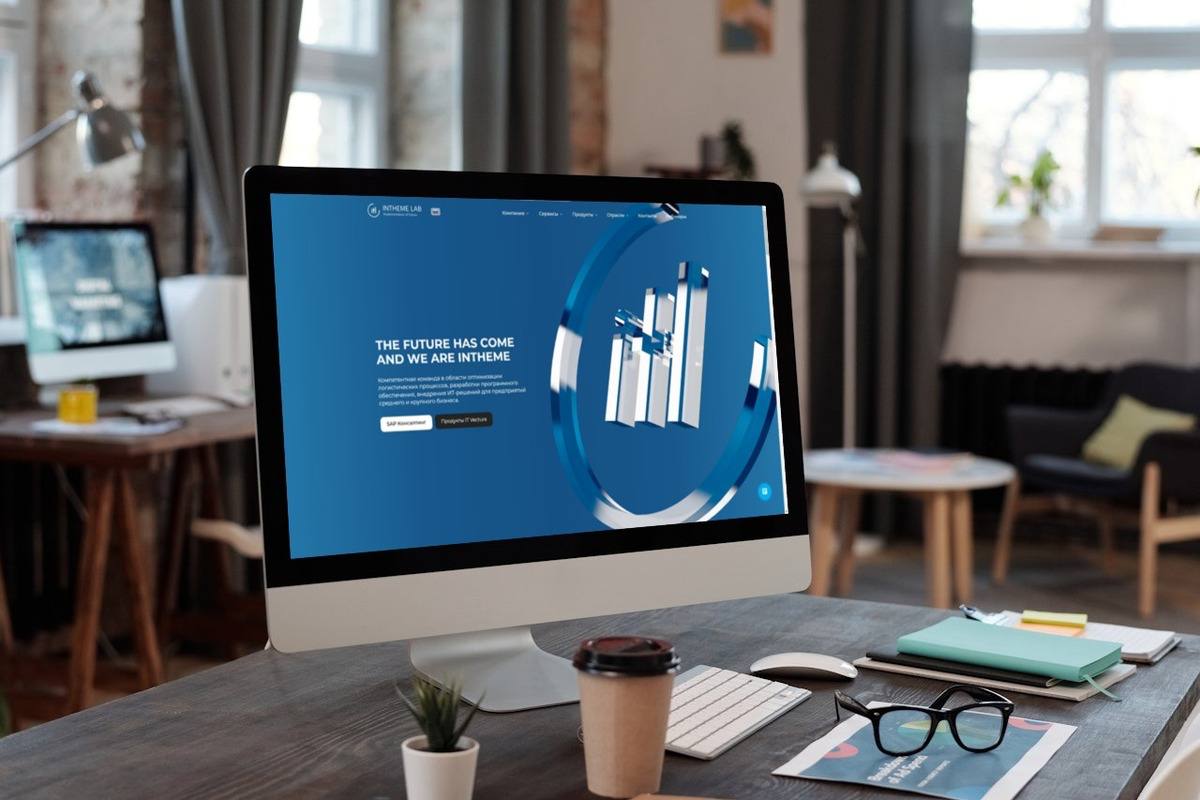The U.S. has added Russian company Intheme Lab, a resident of Tashkent's IT Park, to its latest sanctions list, according to the Ministry of Finance of the USA.

The updated sanctions list, released last week, includes over 300 companies, several of which are from the IT sector.
Intheme Lab specializes in the optimization, automation, and transformation of business processes through its own and third-party developments. The company is recognized as a resident of IT Park in Tashkent.
In 2023, the US Department of Commerce introduced sanctions against Mvizion, a company registered in Uzbekistan.
This action is part of a broader US initiative to impose sanctions on numerous entities globally.
In fact, President Shavkat Mirziyoyev recently addressed the broader impacts of global events on regional development at the Consultative Meeting of Central Asian leaders in Astana. He expressed concerns over how conflicts in Ukraine and the Middle East have disrupted traditional trade and transport chains, leading to higher logistics costs and inflationary pressures.
“We have become prisoners of the policy of sanctions. Logistics costs have risen significantly, and inflationary pressures are mounting. The global capital market is shrinking, protectionism is growing, and new barriers are emerging,” Mirziyoyev remarked.
Economic Shifts Amidst Anti-Russian Sanctions
The imposition of anti-Russian sanctions has catalyzed a search for new economic partnerships between Russia and Central Asian countries, involving key players from Asia and Europe. This shift has increased interest in the Russian market, with some production moving to Central Asia and industrial operations expanding in the region. Geographical advantages and a growing young labor force are driving this trend.
In Uzbekistan, the automotive sector is seeing substantial growth. The Uzbek government has partnered with foreign companies to boost production. For example, Chinese company BYD has teamed up with UzAuto to establish a factory in Jizzakh, targeting an annual production of 50,000 hybrid and electric vehicles, with future plans to reach 300,000 units. Additionally, companies such as Kia, Exeed, and Chery are expanding their operations in Uzbekistan, aligning with the country’s goal of producing 1mn vehicles per year by 2030.
Uzbekistan is also diversifying its industrial base, securing a $9.6bn investment from South Korea focused on high-tech and innovative sectors. This move reflects a strategic effort to enhance technological capabilities and infrastructure beyond traditional manufacturing.
Western countries are now focusing on restricting payment transactions with Russian banks rather than imposing direct sanctions on Central Asian nations for re-exporting goods to Russia. Experts caution that the recent U.S. sanctions could lead to a 10-25% decline in exports and imports over the next six months due to payment difficulties in dollars and euros. This scenario may result in shortages of critical imports, a slowdown in investment activity, and potential declines in export revenues.
Follow Daryo's official Instagram and Twitter pages to keep current on world news.
Comments (0)